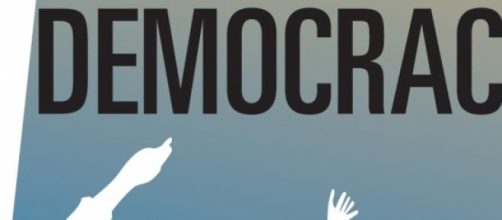The2015 general election will be remembered for its quantity of TV debates, ratherthan the quality of its TV debates.
Theseven-way election debate on ITV was novel, and not entirely a bad idea for oneof the debates. However, what is the point of the follow-up debate on the BBC?This debate for the 2015 UK general election has been dubbed the “oppositionleaders’ debate”. Yes,OK, it does fulfil that remit, but that doesn't provide a reason to watch it.
Firstly,for the English voter, two of the five leaders don't even attempt to representus. The SNP are only fielding candidates in Scotland, and Plaid Cymru are onlyfielding candidates in Wales. So, for the English voter, there is only a reasonto watch 3 of the leaders. However, at the moment, the combined number of MPsfor the parties of two of those leaders is 3 MPs. Given that, between themNigel Fage’s UKIP and Natalie Bennett’s Green Party only have 3 MPs, and NicolaSturgeon’s SNP and Leanne Woods’ Plaid Cymru do not represent the Englishvoter, it seems that the only reason for an English voter to switch on is towatch Ed Miliband. Now, if the only reason to switch on is Ed Miliband, then itis time to “turn on, tune, and drop out”.
However,pity the BBC, it had to have a TV debate for the 2015 election.
The BBC neededto do something to create 2015 election news. Providing a TV debate is how amedia outlet can actually create election news. Without a TV debate, the mediahave to wait for something exciting to happen in the election campaign forthere to be election news.
BeforeTV debates, election news was unpredictable, and news outlets had to wait forsomething exciting or unpredictable to happen, such as a politician punching avoter. Yes, that really did happen back in 2001: John Prescott punched one ofthe electorate, because the voter hurled an egg at him.
However,with TV debates, the media can shape election news by creating the news.
Sadly,though, TV debates do not always create gripping election news. One of the mostinteresting things about the TV election debate on the BBC will be finding outwhat the viewing figures were for it, and what % of the TV audience it got onthe night it was broadcast.

